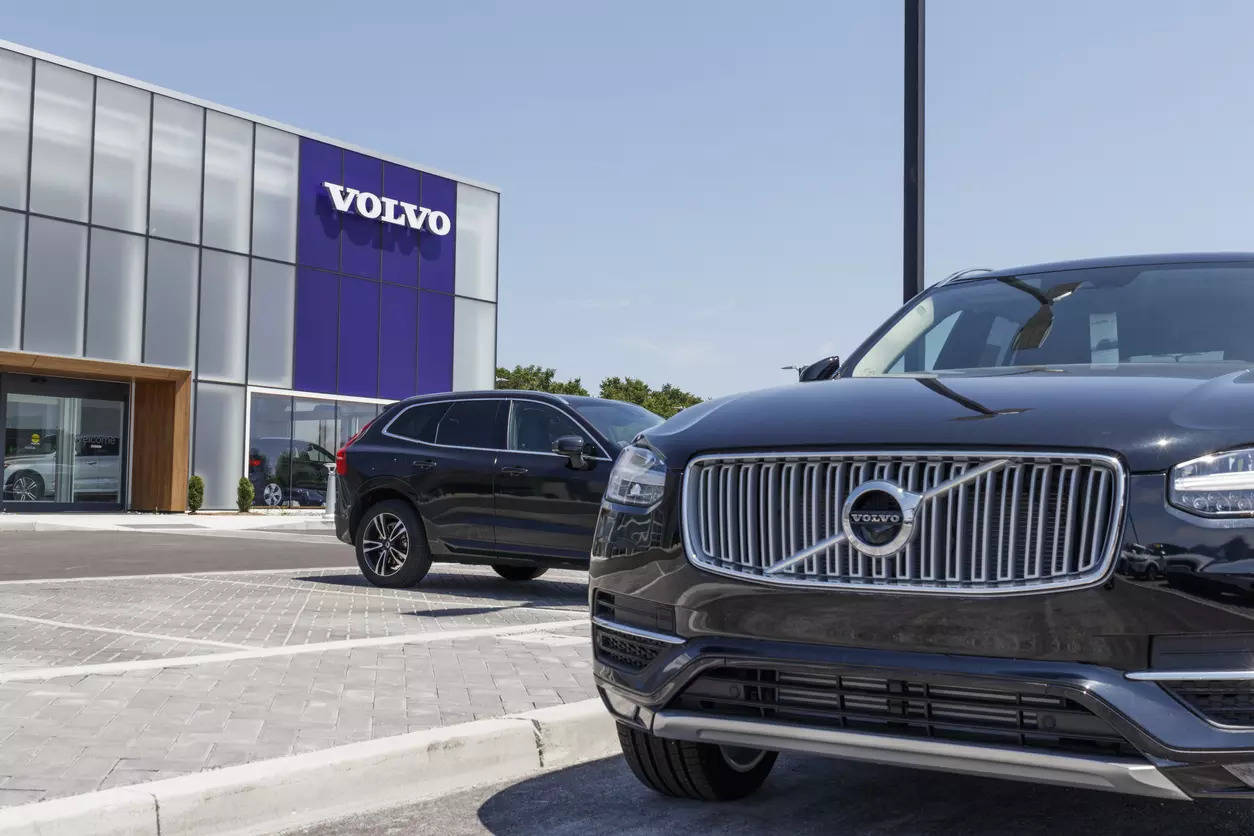
New Delhi: Swedish carmaker Volvo Cars today reported sales of 44,664 cars in July, down 21.5% compared with the same month last year. Demand for the company’s cars remains robust, especially for its Recharge range of pure electric and plug-in hybrid cars, a company statement said.
Recharge cars accounted for 21.5% of sales in July. The share of fully electric vehicles stood at 3.5%.
For the full year 2022, the target remains of having a double-digit share of fully electric cars, a company release said.
As communicated recently, Volvo Cars continue to see a marked improvement in the stabilization of its supply chain, with July confirming the positive trend in production as seen already in June. Provided this normalization continues, the company expects production to progressively increase in the coming months.
On the back of this expected improvement, the company anticipates retail sales to be flat or slightly lower for the full year 2022, compared with volumes in 2021.
Volvo Cars’ top-selling model for July 2022 was the XC60 with sales of 16,261 cars (2021: 19,132 units), followed by the XC40 at 10,640 cars (2021: 15,097) and the XC90 at 7,764 cars (2021: 9,694 units).
Meanwhile, to meet the growing demand for battery electric heavy-duty vehicles and machines, the Volvo Group has initiated the process to establish a large-scale production plant for battery cells in Sweden.
“We aim to lead the transition to a decarbonized transport system and have the long-term ambition to offer our customers solutions that are 100% fossil free. There is a strong demand from our customers already today, and by 2030, it is our ambition that at least 35% of the products we sell are electric. This ramp-up will require large volumes of high-performing batteries, produced using fossil-free energy and it is a logical next step for us to include battery production in our future industrial footprint. We aim to do this together with partners and the journey starts now,” Martin Lundstedt, President and CEO, Volvo Group, said.
The company said that it plans to gradually increase capacity and reach large-scale series production by 2030. The battery cells will be designed specifically for commercial vehicle applications, supporting the global roll-out of electric trucks, buses, construction equipment and electric drivelines for different applications.
Also Read:


